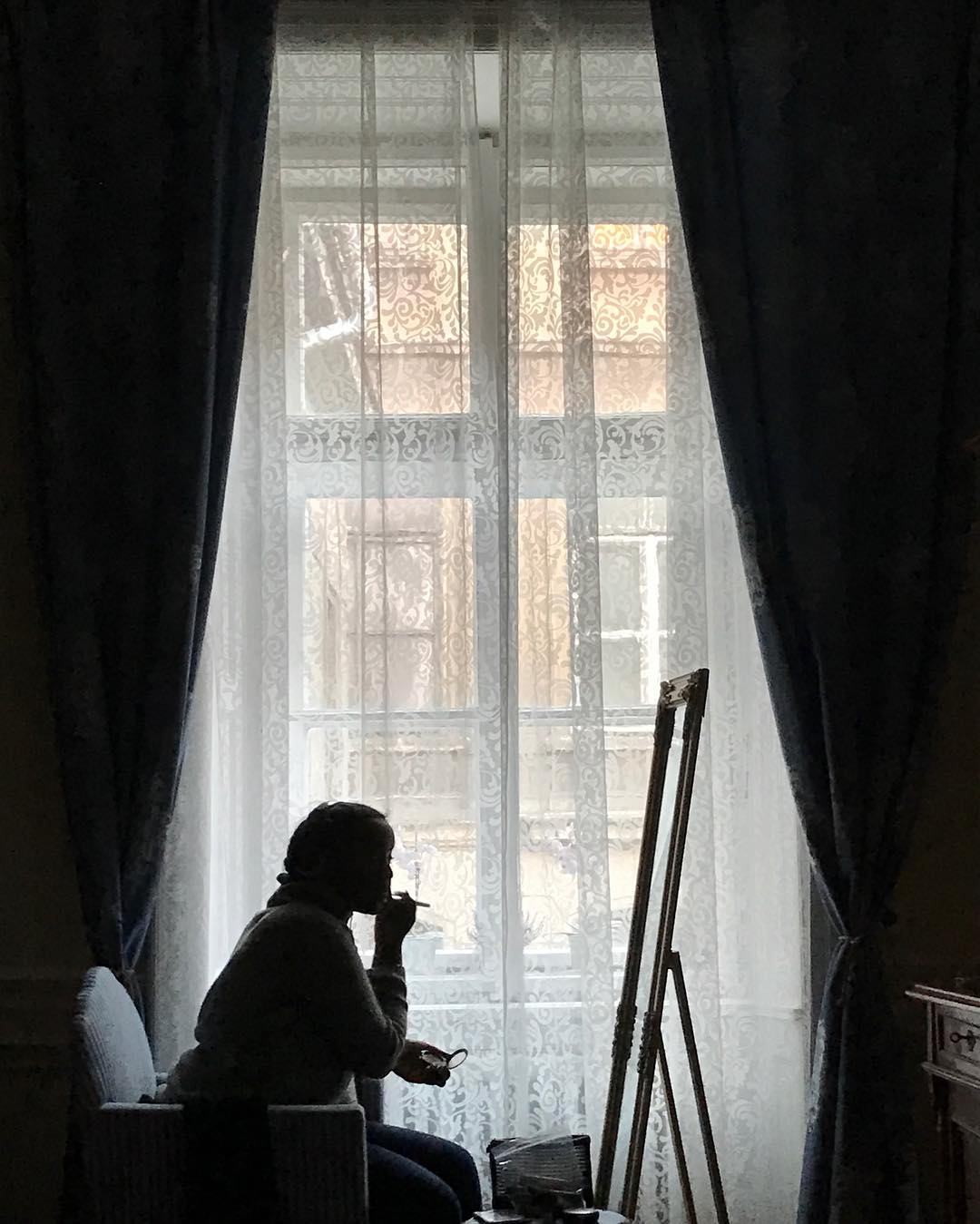Sally Rooney’s debut novel Conversations with Friends is about many things, but one that comes up when I meet with Rooney in Manchester is learning the limits of disavowal. Frances, the novel’s 21-year-old protagonist, is an ambivalent surveyor of the adult world she is poised to inhabit. She doesn’t fear practical responsibilities so much as emotional ones: accepting human interdependence; acknowledging a very ordinary susceptibility to pain; figuring out how to live when one’s values, but not one’s desires, have divested from global capitalism.
Ottessa Moshfegh’s first two books are, as she tells me, very different from one another. But despite the contrast between MCGLUE (2014) and EILEEN (2015), she acknowledges that ‘they come from the same imagination’. For one, both protagonists are New England misfits. Moshfegh herself grew up in Newton, Massachusetts, where her parents immigrated after meeting in Belgium. She descends from Croatian partisans on her mother’s side and a dispossessed Iranian billionaire on her father’s. Newton is a town she has described as being the safest in America and possessing the highest number per capita of psychiatrists. She now splits her time between Los Angeles and the California desert.

